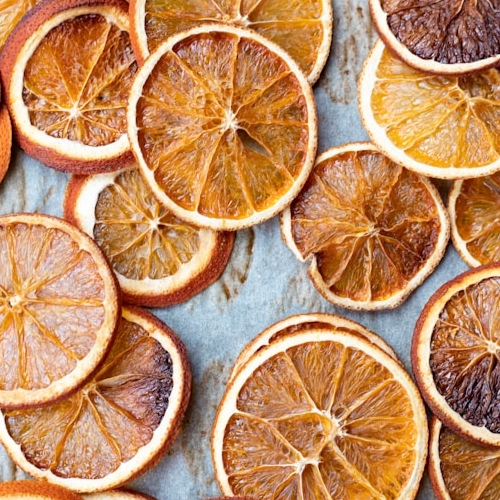A time-sensitive salvage business specialises in salvaging and repurposing perishable goods before they spoil completely. This type of business typically focuses on rescuing fresh food items that are nearing their expiration date or are otherwise unsellable due to cosmetic imperfections, overstock, or other reasons. By quickly repurposing these goods, the business can prevent food waste and generate value from products that would otherwise be discarded.
Business Model
When people look for salvage, they tend to look for "dry goods" or boxed or canned goods. There is another category that is far more time-sensitive: fresh goods. A lot of products have a short shelf life before they are unsellable, and it becomes more expensive not to dispose of them.
During peak load shedding, we saw tankers full of sour milk being poured out on the side of the road. Now I don't know the reason for that; it might have been political (to make the government look bad), but there are industries that use sour milk in their manufacturing processes. If you can buy 10,000 litres of sour milk at R1 and sell them to a doughnut shop for R2, a litre is certainly good business. But it is harder due to time sensitivity; it has to be done fast, as the clock is ticking and a tanker will cost thousands of rand to store that milk daily, and it's not like you can just rock up with a tanker full of sour milk at a lady that makes koeksisters on a Sunday.
Now milk is not the best example; imagine if you could buy something: meat, fruit, or vegetables that can be dehydrated or preserved and that can be sold to biltong makers, dried fruit makers, or picking or atchar businesses. That is another avenue to pursue, as this is the most popular category to be eventually dumped as waste if it cannot be sold.

